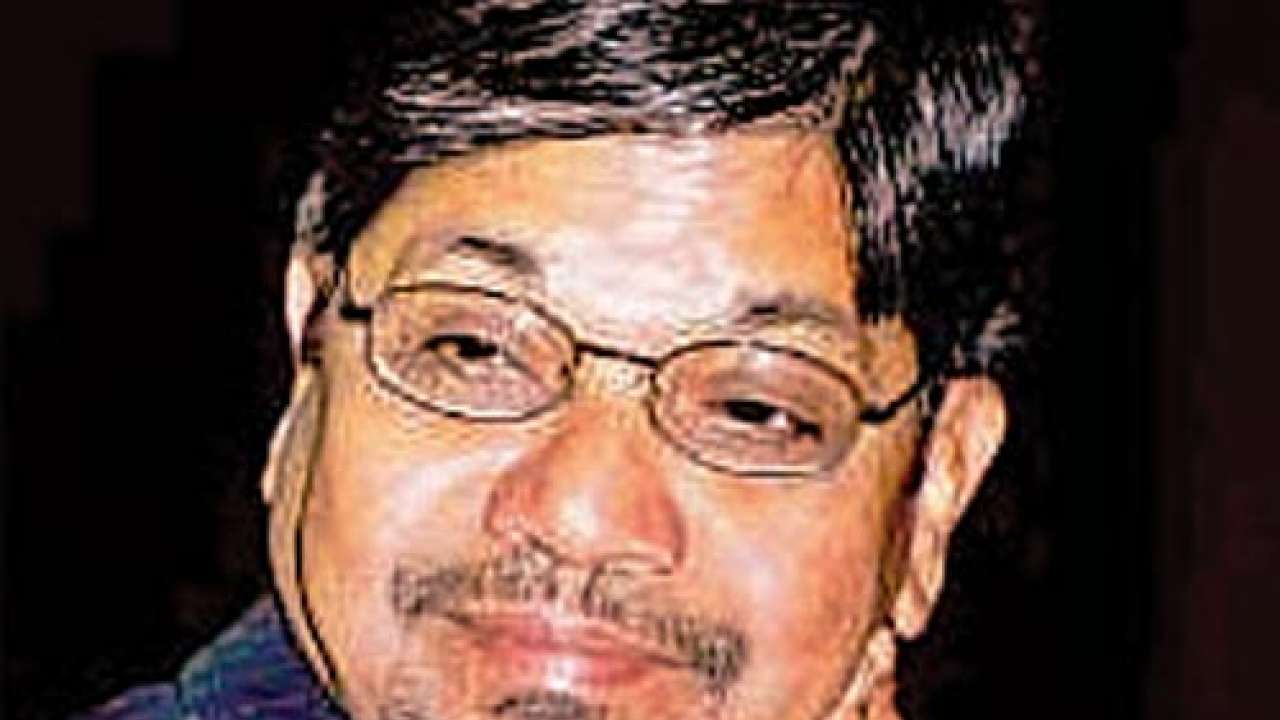
It is needless to repeat the role of education in individual and social life. It enables an individual to understand things better; makes him well-informed and helps to participate in the democratic process of the country. Depending upon the level and quality of his education, enhances his social status and improves his employment opportunities. From the society’s point of view, a literate, well-informed, vigilant and, economically more efficient and productive labour force is a greater asset in; making democracy participative and also making the rulers accountable and accelerating the overall pace of socio-economic development.
Good quality elementary and secondary education, as also higher, vocational, technical and professional education has played a critical role in making countries economically and industrially advanced. It needs to be specially mentioned that the Gross Enrolment Ratio ( or GER is the ratio of children to total college-age going, say, 18-22 age group) joining higher education institutions in the developed countries is about 70 per cent, while for the developing countries it is about 35 per cent. Even for China, it is now about 28 to 30 per cent.
In India, real educational development as such began only after Independence. For the British were not interested in mass but in class education, to serve their colonial interests. Thus, though India’s achievements in the field of education of all kinds, compared to the conditions prevailing at the time of independence cannot be described as stupendous, it also cannot be considered unsatisfactory: be it literacy rate, gross enrolment ratio at the elementary and secondary level, or the spread of higher, technical and professional education. Our GER in the higher education has improved from about 11 per cent in 2004-05 to about 18 per cent now. Still it is certainly low vis-s-vis what it ought to be in view of the technologically fast changing globalising economy.
Nevertheless, our education system continues to suffer from fundamental problems that need urgent attention of both Central and more importantly,the state governments. First, the much-quoted Kothari Commission, in 1966, recommended six per cent of the national income to be spent on education. But despite huge increase in the expenditure on education during the Eleventh Plan (20 per cent of the total Plan outlay), the total expenditure (Centre and States put together) has not crossed even four percent.
—The author is former member of the Planning Commission and former vice chancellor, Mumbai University